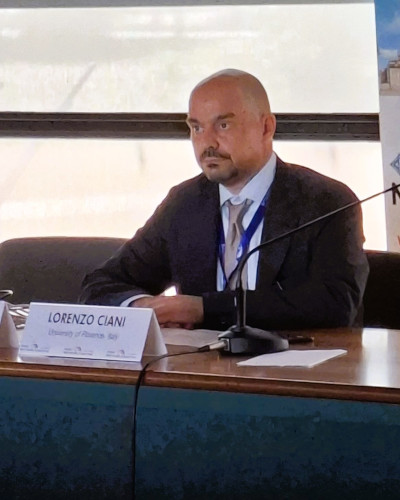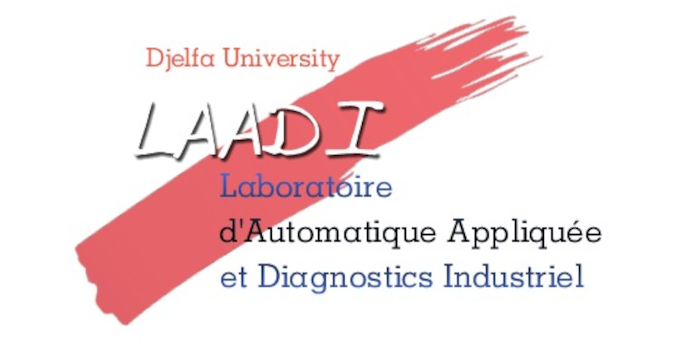SPECIAL SESSION #02
Measurement for Improving Quality, Reliability and Safety in Automotive Applications
ORGANIZED BY
Lorenzo Ciani
DINFO - University of Florence, Italy
Gabriele Patrizi
DINFO - University of Florence, Italy
SPECIAL SESSION DESCRIPTION
This Special Session represents an interesting opportunity for engineers and researchers to provide an increase in knowledge and an easier diffusion of the most recent developments in the field of measurement related to Quality, Reliability And Safety in automotive applications.
TOPICS
Prospective authors can provide original contributions on this topic, which may include, but is not limited to, the following aspects:
- Measurements and techniques for Fault diagnosis;
- Design and implementation of laboratory tests (Reliability test, Environmental test, Burn-in test, quality tests, etc.) and Qualification tests for components and systems;
- Instrumentation and measurement methods for Testing and Diagnostics (Destructive and non-destructive Testing, Vibration monitoring, Built-in Test - Equipment and Automatic Test Equipment, etc.);
- Measurements, methods, and instrumentation for evaluation of Reliability, Availability, Maintainability, and Safety (RAMS).






